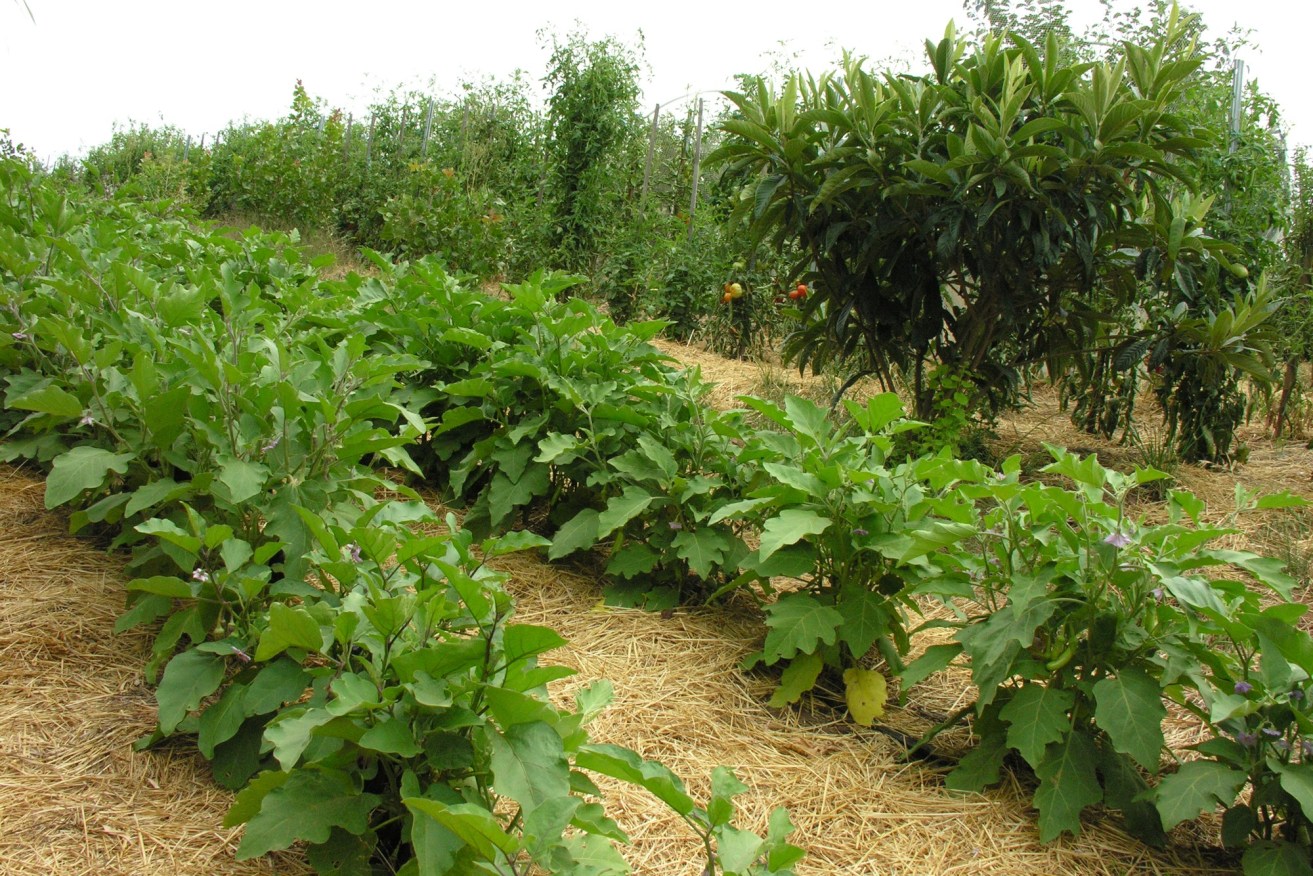$110 million irrigation fund to create 3700 jobs: State Govt
The State Government has announced more than $100 million worth of funding to expand food production in Adelaide’s north – money it says will help create 3700 jobs and add more than $500 million to the South Australian economy.


The Government has committed $110 million to pay for an extra 12 gigalitres of recycled water each year to boost the state’s irrigated agriculture industry.
It says the plan, dubbed the Northern Adelaide Irrigation Scheme, will create 3700 jobs in the Northern Adelaide Plains region, which will be hit by the closure of Holden’s Elizabeth car manufacturing plant later this year.
“A lot of people are asking, in this part of the world, ‘What’s the future for jobs in this region with the closure of Holden?’” Weatherill told a media conference this morning.
“A big part of the answer is the food industry – not only the growing of food, but also the manufacturing of food [and] the export of food.
“The world is demanding food from clean air, clean soil, clean water [regions] … and South Australia has an extraordinary reputation for our premium food.”
He said the Government had independent economic modelling showing that plan would create thousands of jobs.
“An independent economic assessment has identified the extra 12 gigalitres of recycled water a year would create 3700 jobs in the region and add $578 million a year to the state’s economy – growing to 6000 jobs and $1.1 billion a year when at the full 20 gigalitre capacity,” Weatherill said.
“The Northern Adelaide Plains is already home to one of the largest covered vegetable cropping regions in Australia.
“We must invest in the region now to ensure the horticulture industry has access to the large volumes of affordable, high security water it needs to increase production and attract new investment.”
But the plan relies on an extra $45.6 million from the Federal Government, from its National Water Infrastructure Development Fund (NWIDF).
The State Government applied for the extra funding in March and expects to receive a response by the middle of this year.
Weatherill said the federal government had been “a great partner with us up to this point” and that “we’re very confident that this fund will grant this application”.
Agriculture, Food and Fisheries Minister Leon Bignell said that “one-in-five working South Australians is employed in the agribusiness sector and it is the engine room of our economy”.
“As Fisheries Minister, I am also delighted about the benefits this investment will have on the water in Gulf St Vincent. Our 277,000 recreational fishers will benefit through improved marine habitat.
“I’ve got a good working relationship with Federal Minister for Agriculture and Water Resources, Barnaby Joyce and Assistant Minister, [Senator] Anne Ruston and I’m hopeful the Federal Government will make a valuable contribution to this scheme which will benefit South Australia”
The Northern Adelaide Irrigation Scheme is the result of a $2.5 million feasibility study, commissioned jointly by the South Australian and federal governments, to test market demand.
The horticulture industry welcomed the plan.
AUSVEG SA, the body representing South Australia’s vegetable industry, said the investment would allow growers to compete in domestic and export markets.
AUSVEG SA State Manager Jordan Brooke-Barnett said while the group was still awaiting details of the scheme, he hoped the final design would “contain a mechanism giving growers in the region equitable and affordable access to water resources”.
Virginia-based horticulture group Hortex Alliance said the project had the potential to secure the economy of the local region for generations.
“The Northern Adelaide Plains is the largest greenhouse crop producing region in the Southern Hemisphere, and is poised to become one of the leading horticulture regions in Australia,” said Bryan Robertson from Hortex Alliance.
“Our region is situated right next to Elizabeth, and with the closure of Holden, our growers are ready to use these new resources to help lead the economic recovery in Adelaide’s north.”
Opposition Leader Steven Marshall also welcomed the plan, arguing it highlighted the need for his party’s proposed upgrade of freight export infrastructure.
“This project highlights the need for Globelink – a generational upgrade of SA’s freight export infrastructure,” said Marshall.
“Selling our first class food produce to the world is part of my agenda to deliver increased investment and jobs to reboot South Australia’s ailing economy, and Globelink will turbocharge those opportunities.
“A generational upgrade of our freight export infrastructure will deliver our companies the competitive advantage they need to get our premium quality South Australian products to markets across the globe.”




